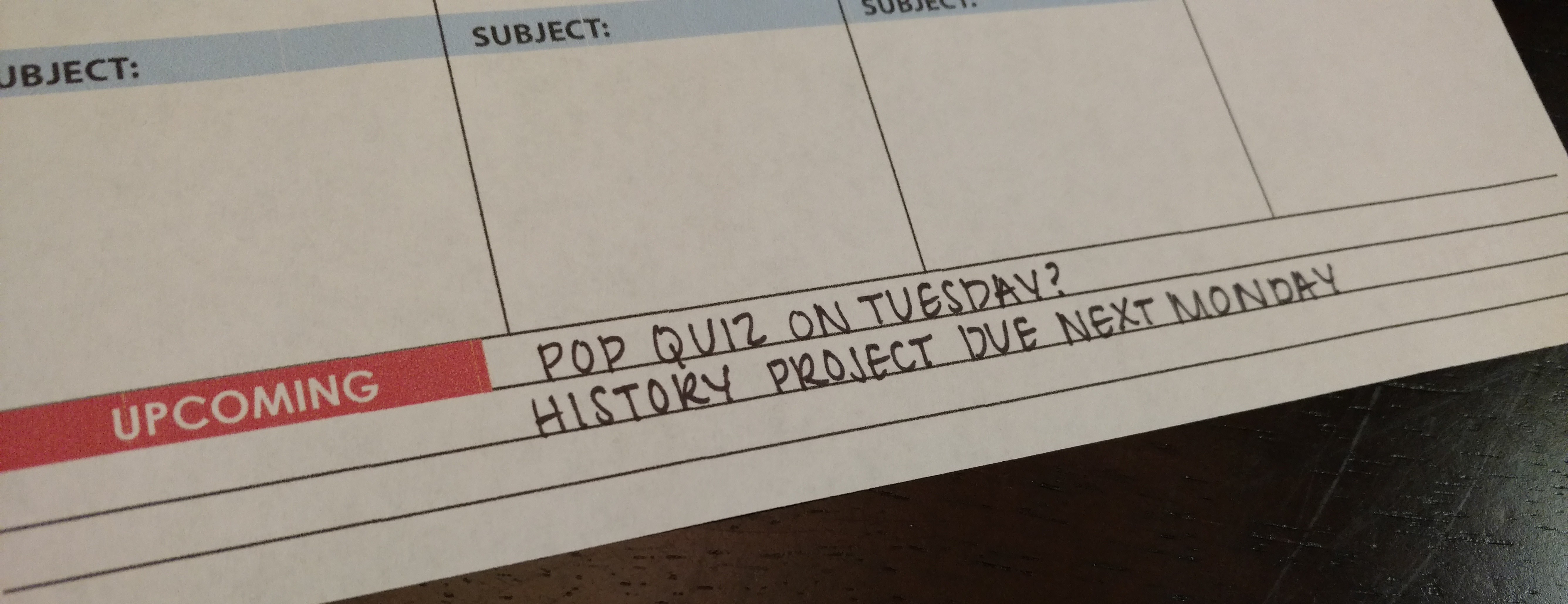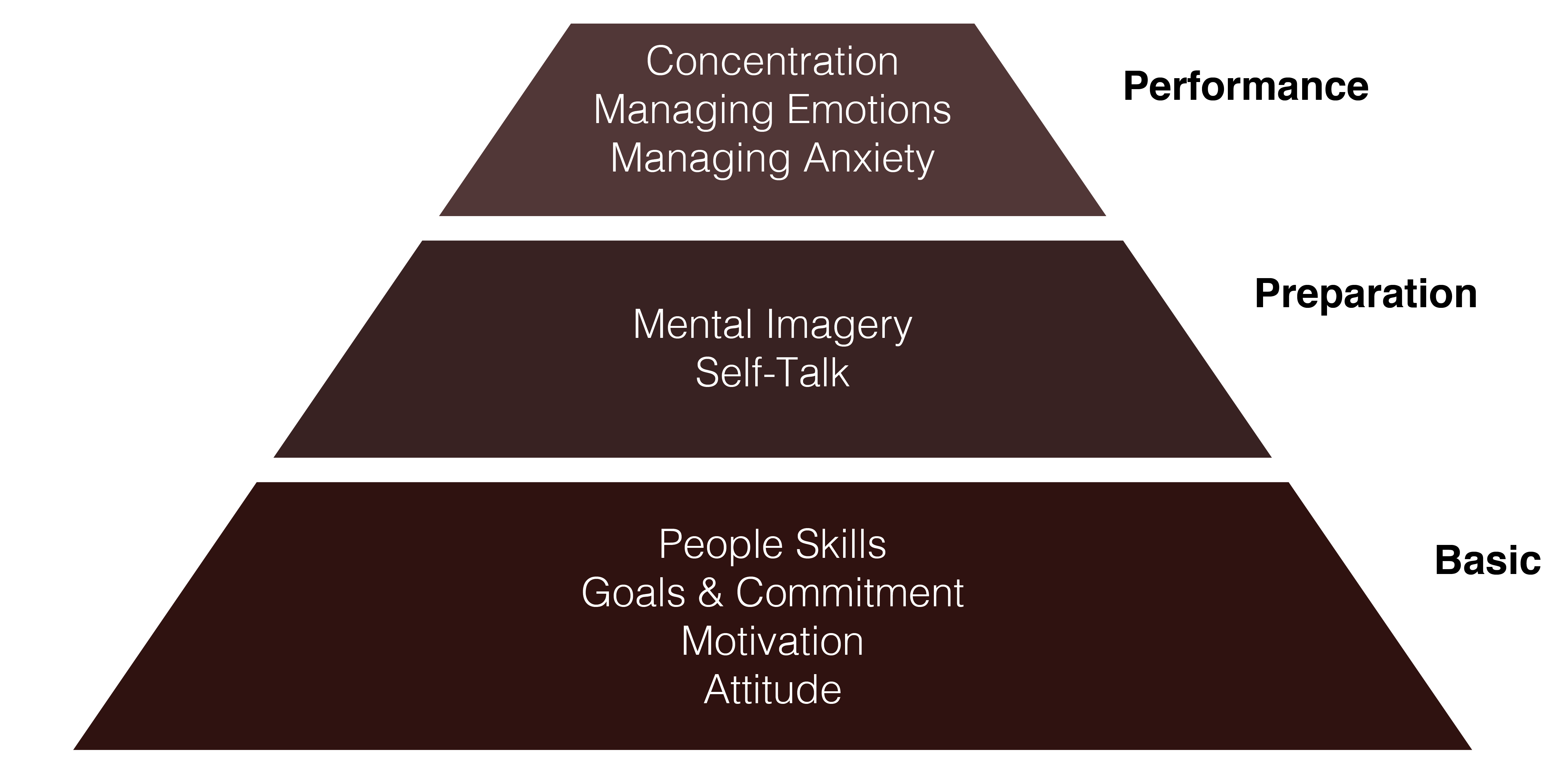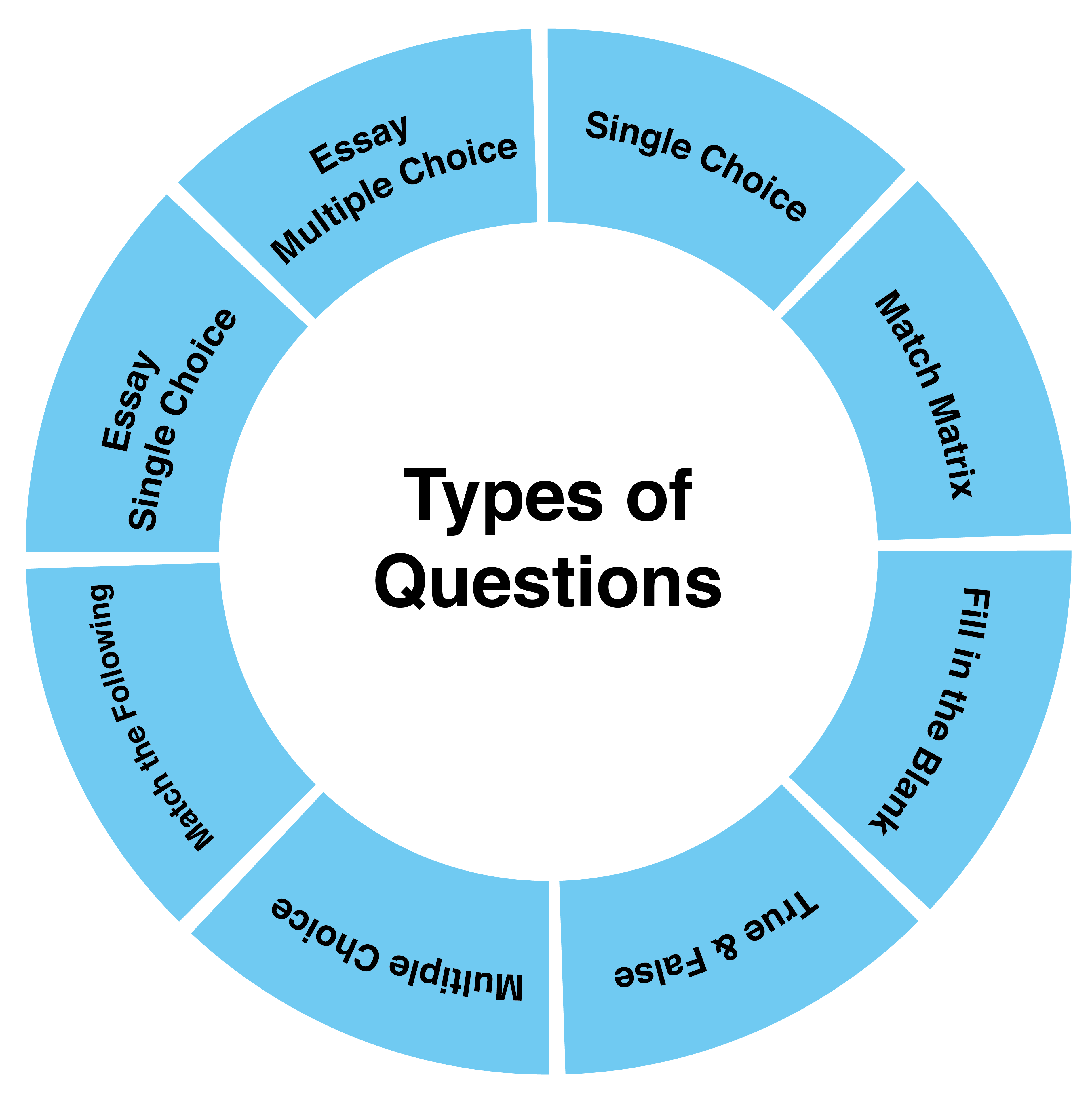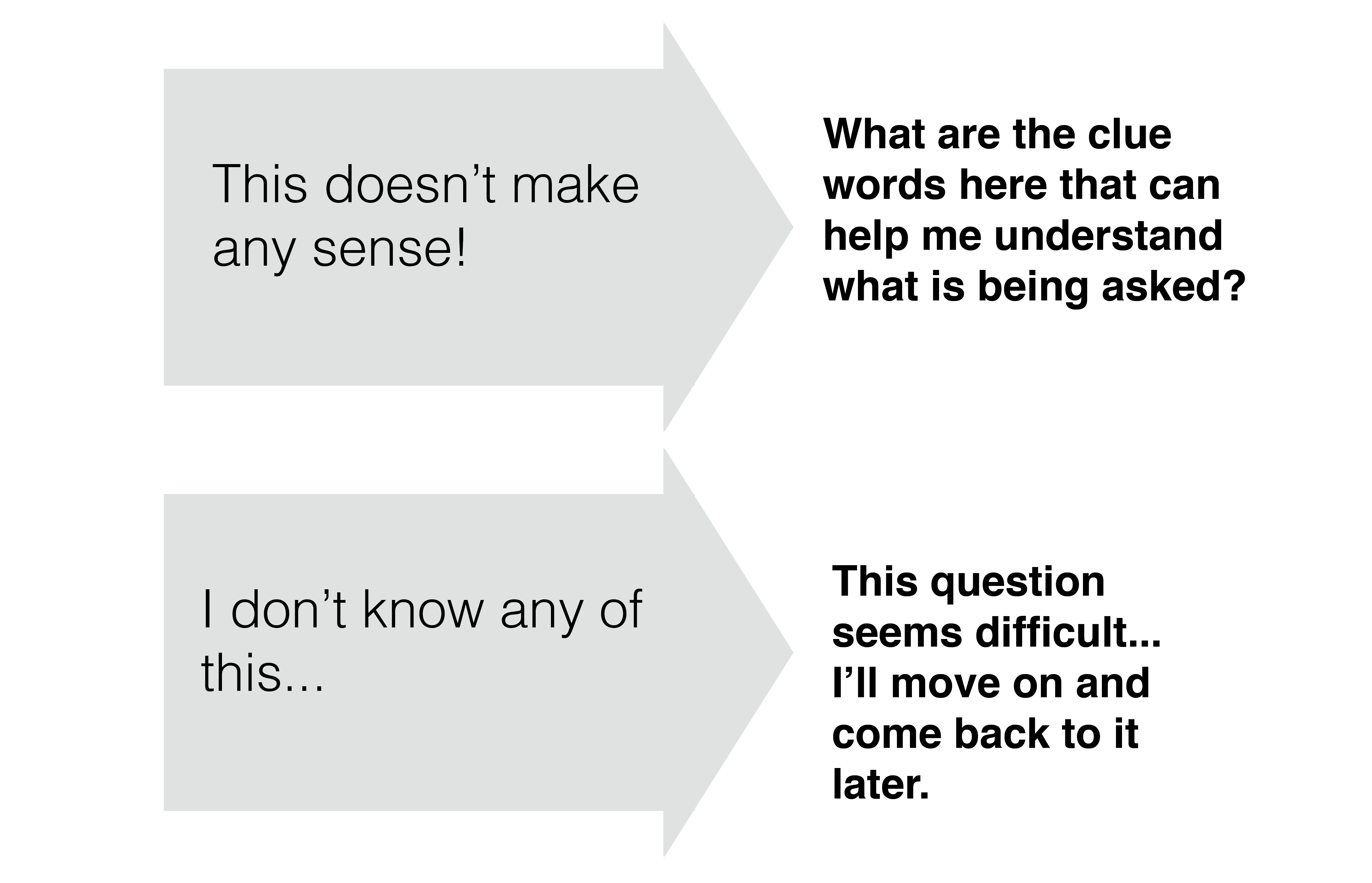Today is the day. Your teacher informed you a week ago that you would be taking your Chemistry exam, and you studied. Hard. But your test anxiety is still creeping in.
A stack of papers sits on your teacher’s desk, ready to be passed out.
As she hands the test to each of your peers, you try to go over everything you’ve been studying in your head. What were hydrogen bonds again? Your palms start to sweat and your heart beats faster.
You need to pass this test. You did poorly on the last one, and C students don’t get scholarships. You need that scholarship to get into the college you want and… Oh no.
The panic sets in. You can’t remember anything.
Yes, that’s how test anxiety works. It’s loosely defined as the fear of failing a test, and it can cause you to do poorly on exams that — judging by your efforts to learn the material prior — you shouldn’t. Here’s 8 tips to overcome YOUR test anxiety.
1. Plan ahead
There’s a section in the planner below labelled “upcoming” that serves as a reminder about — you guessed it — UPCOMING tests, quizzes, and assignments.
When you hear your teacher announce an upcoming test or quiz:
- Write it down under Upcoming.
- Take a look at how many days are left until that exam
Not only will this help you to map out a study plan to reduce your stress about taking the exam, but it will help you mentally prepare for taking it.
When you think about it, exams could be considered an academic sport — aside from the strictly physical aspects of a sport, everything else can be applied.
See how under Preparation one of the steps is Mental Imagery?
2. Know what to expect
Take a look at the two examples of quiz questions below:
#1: In The Little Mermaid, Ariel’s hair is red, true or false?
#2: In The Little Mermaid, what is Ariel’s hair color? A) Red B) Blonde C) Brunette
Both questions are asking the same thing: In The Little Mermaid, what is Ariel’s hair color? But they ask this question in two different formats.
Ask your teacher what format the test will be in. Below are some standard test formats.
This is another part of the mental prep-work you are doing. By learning how your test is formatted prior to taking the test, you are reducing any anxiety that would result from the form of the questions asked.
We are less likely to be anxious when we are dealing with something that is familiar to us. Use a planner to list down the type of test you will be taking so you won’t forget.
3. Choose the best study method
The way you choose to learn material can affect how you recall the information, sometimes making it more difficult in more stressful situations. Let me give you an example scenario:
Scenario: An exam asks students to write out the names of the 50 United States.
Jake: Memorized the states by looking at a map with all of them labeled. He was able to identify each state based on its shape… but this exam provides no map for Jake to look at. Jake struggles to visualize the map in his head.
Question: In this scenario, Jake studied for the exam and knew the material — so why did one he struggle?
Answer: Jake did not do the prep work of establishing what format his test would be, and as a result, he did not choose the best study strategy to complement it.
4. Recognize your test anxiety symptoms
It's important for you to recognize when you are experiencing test anxiety symptoms. In reference to the Performance Pyramid, this is both Managing Emotions and Managing Anxiety.
It means that instead of sitting there chewing your fingernails off while your teacher is preparing to hand the test out, you can:
- Identify the symptoms of test anxiety
- Take steps to reduce it
Here are the common anxiety symptoms:
- Physical symptoms. Headache, nausea, diarrhea, excessive sweating, shortness of breath, rapid heartbeat, light-headedness and feeling faint can all occur. Test anxiety can lead to a panic attack, which is the abrupt onset of intense fear or discomfort in which individuals may feel like they are unable to breathe or having a heart attack.
- Emotional symptoms. Feelings of anger, fear, helplessness and disappointment are common emotional responses to test anxiety.
- Behavioral/Cognitive symptoms. Difficulty concentrating, thinking negatively and comparing yourself to others are common symptoms of test anxiety.
5. Identify WHY you have test anxiety
Ask yourself, Why am I so nervous?
Here are some possible reasons you may be anxious when taking a test:
- I don't think I studied enough.
- I'm not sure I understand this material.
- I didn't do well on the last test.
- I'm not a good test taker.
- If I don't pass this test, it's going to ruin my plans for the future.
6. Replace negative thoughts with positive ones
Cleveland Clinic Wellness states that an average of 80% of our habitual thoughts on a given day are negative.
So there's nothing too surprising about you initially having negative thoughts towards you performance on a test. However, just because a thought is initially negative doesn't mean you can't reverse it to be positive! You can really ace your test and enroll in a high paying college major someday.
Counteract your negative thoughts with positive ones. Think about how when you add a positive to a negative in math, both numbers disappear. Make the negative thoughts disappear so you can focus on what matters -- answering the questions on your exam.
7. Get Enough Sleep
This is probably the most simple step to battle test anxiety, but is also often overlooked by many. You will really feel stressed and panicky if you didn't get enough rest. We highly recommend that weeks before the test, you should start a good sleeping habit.
One effective way to do this is to download a planner app that can also regulate your social media usage. Because admit it or not, you spend a lot of time browsing your Instagram and Facebook feed every day.
8. Develop a Self-care Plan
Another important thing you have to remember when preparing for an exam is to take care of yourself. Failure to do this will only heighten your test anxiety, making you panic on the day of the exam. Make sure that you apply some time management strategies so you can include self-care to your routine even if you are busy preparing for your test.
Here are some ways to prioritize yourself before a test and lessen your anxiousness:
- Drink plenty of water.
- Focus on your fitness.
- Practice mindfulness.
- Limit your caffeine intake.
- Eat nutritious food.
9. Don't Compare Your Strategies to Others
Some students keep on comparing their review strategies to that of their friends, which ends up pressuring them even more. Remember that just because a certain technique works for them, it doesn't mean that you need to force yourself to do the same.
One of the things that create the feeling of anxiousness during a test is the belief that you might fail because you did not study the same way as your classmates. Quit thinking this way and do your own thing.
10. Start with what you know
When your teacher finally hands you your test, you don't HAVE to start with the first question. If you know there's an essay at the back (because you talked to your teacher about it!) and you don't want to be rushed to complete the other questions, do the essay first.
I can't tell you how great it was for me the first time I realized this. You don't have to sit there for 20 minutes staring at that ONE question -- don't waste your test time!
Instead, answer everything that you know the answer to, and come back to the things you're not sure of. You can spend the remaining time trying to work out the more difficult problems.
11. Accept that you may not know everything & make it Smaller
Sometimes even when you have done the preparation and studied the material, there are still questions that make you think:
"I have no idea."
Does that mean you're going to fail your exam, drop out of high school, be disowned by your parents and become homeless? Not at all.
Make it smaller
We're going to introduce you to a skill that will help you with just about any stressful situation.
You can make it smaller.
Think of something that is way worse than you failing your test, and then compare the two tragedies. Failing a test might be bad, but what if you lost a leg?
Listen to the difference between these two statements:
"I failed my test today."
"I failed my test today but at least I still have both my legs and can walk just fine."
Failing a test is not good. But in the grand scheme of the universe, any grade is not the end of the world. Remembering this will take the pressure off.
Conclusion
Now that we've given you these tips for overcoming test anxiety, there will be a pop quiz on what you learned! -- Just kidding. Let's review the tips.
- Plan ahead
- Know what to expect
- Choose the best study method
- Recognize your test anxiety symptoms
- Identify why you have test anxiety
- Replace your negative thoughts with positive ones
- Get Enough Sleep
- Develop a Self-care Plan
- Don't Compare Your Strategies to Others
- Start with what you know
- Accept that you may not know everything, and make it smaller!
Test anxiety shouldn't hold anyone back from raising your GPA!
Know any other ways to overcome Test Anxiety? Share your secrets with us in the comments below.
The following two tabs change content below.
Hello! My name is Todd. I help students design the life of their dreams by ensuring college, scholarship, and career success! I am a former tutor for seven years, $85,000 scholarship recipient, Huffington Post contributor, lead SAT & ACT course developer, host of a career exploration podcast for teens, and have worked with thousands of students and parents to ensure a brighter future for the next generation. I invite you to join my next webinar to learn how to save thousands + set your teenager up for college, scholarship, and career success!






A majority of Test anxiety results from fear of failure. Public Schools and poor parental demands are two of the major factors harming our children and their ability to cope with emotional, physical, mental and social challenges. Problem solving and rational thinking has been replaced by mediocracy and conformity. The process of learning is absent. Teachers, failed policies and inept parents are handicapping our children and society .
This is a great point! Thanks for sharing Susie!
Very good advices, I will use them with my students. Also, pupils should know their own weaknesses (through the review of past exams and exercises) and work on them.
L’Atelier,
Yes, this is true. Students can reference their past mistakes on exams and other assignments as a guide for how to achieve better scores. Thanks for mentioning! I hope your students find these tips and tricks useful in removing the unnecessary set-backs of Test Anxiety.
This has some great tips, tricks and techniques. I know I suffer from daily anxieties and the stress and anxiety associated with test taking is unbearable at times. Thank you for sharing this!
Thank you! I know there is so much pressure that can be applied to tests, especially the bigger ones like the ACT and SAT. I myself have also struggled with test anxiety from time to time, and that’s why I was excited to do the research and writing for this blog. I hope at least some of it proves useful to you. 🙂